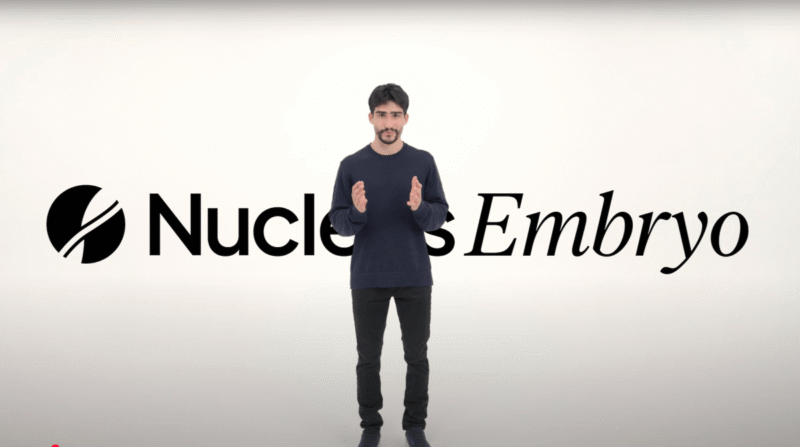Fast Facts
Here are the key points from the article distilled into four concise statements:
-
Controversial Launch: Nucleus Genomics, a startup founded by Kian Sadeghi, introduced "Nucleus Embryo”; a product allowing parents to select embryos based on complex traits, including IQ and physical appearance, igniting widespread debate.
-
Polygenic Scores: The company employs polygenic scores for predicting attributes like intelligence and anxiety, but these scores primarily assess probabilities within populations and lack individual clinical guidelines, making their use controversial.
-
Market Reaction: The announcement stirred intense public and professional reactions, with many expressing skepticism and ethical concerns regarding "designer babies”; as the tweet promoting the product garnered over 4 million views.
- Partnership and Methodology: Nucleus partners with Genomic Prediction for IVF testing, claiming their methods can facilitate lifestyle and therapeutic decisions despite prior criticism of their scientific validity in assessing intelligence.
Controversy of Designer Babies
Nucleus Genomics has ignited a heated debate with its latest product, Nucleus Embryo. This offering allows parents to select specific traits for their future children, such as sex, height, and even IQ. Many people find this approach unsettling. Critics argue that it reduces the beauty of human individuality to a series of selectable traits. It raises ethical questions about the extent to which science should intervene in the realm of reproduction.
Furthermore, Nucleus employs polygenic scores to evaluate complex attributes. However, experts caution that these scores provide probabilistic risk assessments, not definitive predictions. This method lacks robustness for individual cases and does not enjoy universal acceptance among medical professionals. Many fear that such testing could lead to a slippery slope. Where do we draw the line? If parents can choose traits today, what will tomorrow’s parents want?
The Future of Genetic Testing
Despite the backlash, proponents argue for the potential benefits of genetic testing. They suggest that understanding genetic risks might empower parents to make informed decisions about their children’s health. This level of customization could revolutionize medical intervention before birth. However, the idea of “designer babies” complicates matters. It could deepen socioeconomic divides and exacerbate existing inequalities.
While society has embraced some aspects of genetic testing, the leap toward selecting traits raises significant concerns. Nucleus Genomics could be on the cusp of a transformative change, yet it dances on the edge of ethical dilemmas. As technology continues to evolve, society must grapple with its implications and ensure that advancements benefit everyone, not just a select few. For now, the conversation around Nucleus Embryo represents more than just a product launch; it encapsulates humanity’s evolving relationship with technology and ethics.
Discover More Technology Insights
Stay informed on the revolutionary breakthroughs in Quantum Computing research.
Access comprehensive resources on technology by visiting Wikipedia.
TechV1

